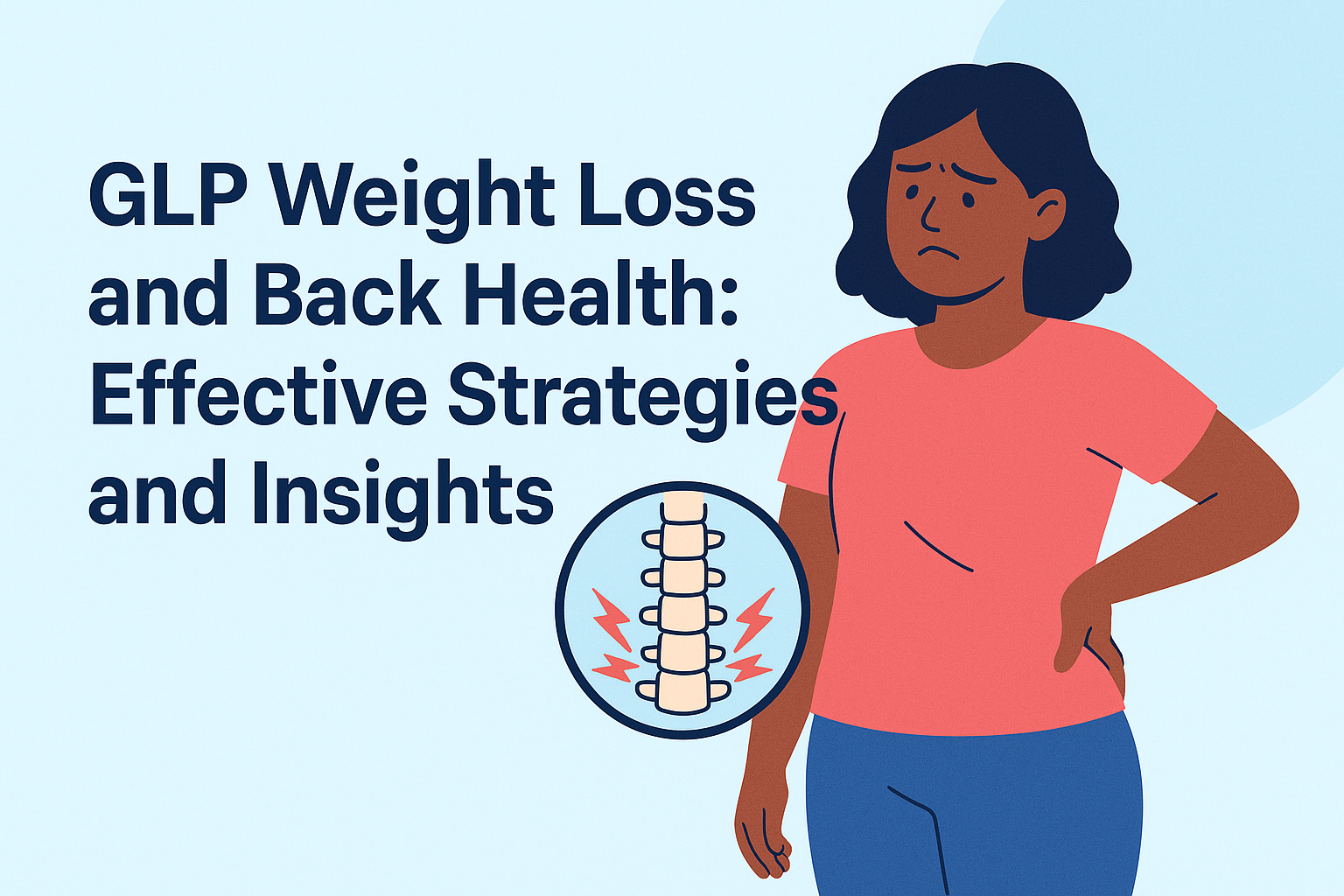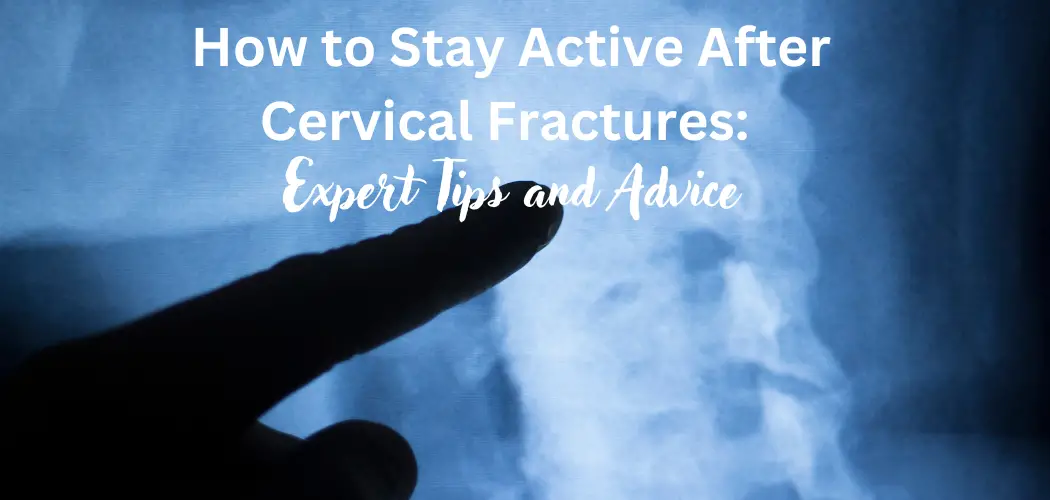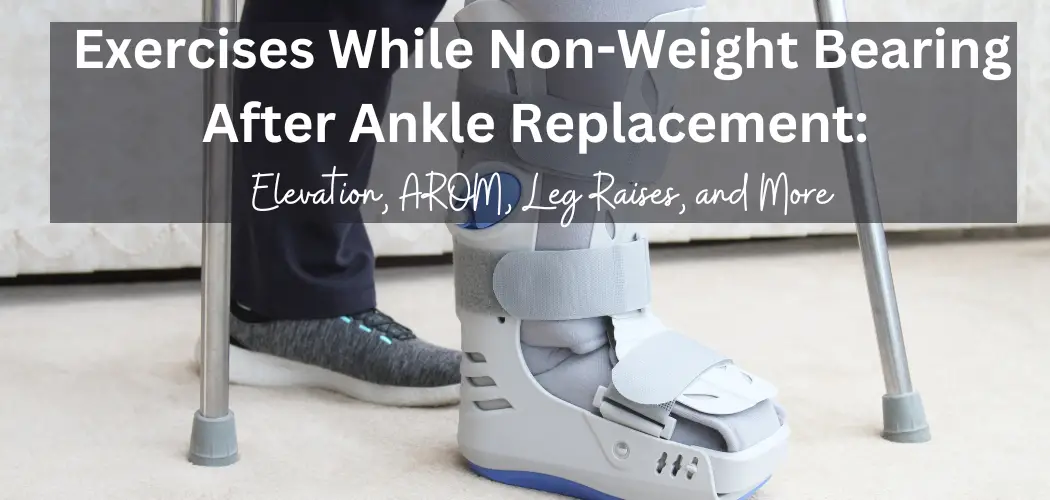 The pain in your shoulder has reached an all-time, excruciating high. You’ve tried cortisone injections, physical therapy, and even stopped doing all the things you love to avoid pain and suffering.
The pain in your shoulder has reached an all-time, excruciating high. You’ve tried cortisone injections, physical therapy, and even stopped doing all the things you love to avoid pain and suffering.
Sound familiar? If so, you’ve probably already scheduled your total shoulder replacement. Before heading into the operation room, there are a few things you can do to set yourself, and your shoulder, up for success.
What is a Total Shoulder Arthroplasty?
A total shoulder arthroplasty, or total shoulder replacement, is used to relieve pain in the shoulder joint. This pain may stem from advanced arthritis or a severe injury or fracture to the joint.
Arthritis and joint injury cause a breakdown of the cartilage in the shoulder joint. Once enough of this cartilage is worn down, the bones in the joint will begin to rub against one another.
If it sounds painful, that’s because it is. The friction from this rubbing causes damage to the bones. The more damage there is, the more pain you’re in.
Once non-surgical options have been exhausted, your doctor will recommend a total shoulder replacement. During the surgery, the surgeon removes the damaged parts of the joint and replaces them with artificial prosthetics. These artificial pieces allow for smooth, pain-free movement of the shoulder joint.
Total Shoulder Replacement
What to Avoid in the Months and Days Leading Up to a Total Shoulder Replacement
Avoid Any Possible Infection
Infection after total shoulder replacements is pretty uncommon. However, if one does occur, it can negatively impact the outcome of your surgery.

The most common type of infection is caused by C. Asnes, a bacteria found in the sebaceous glands. C. Asnes is located deep within the skin, so typical preps before surgery don’t work to avoid it.
So, what can you do? A study published by the University of Maryland found that patients who washed their shoulders with 5% Benzoyl Peroxide for the 3 days leading up to surgery reduced the presence of the bacteria by 10 times.
Benzoyl peroxide is an over-the-counter antibiotic that is quite easy to come by. As always, check with your doctor to make sure this works with your surgical plan.
Avoid Any New Dental Work or Dermatology Procedures
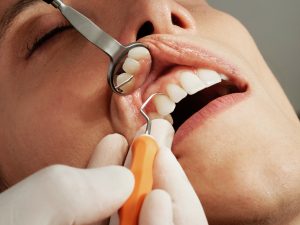 You’re probably wondering what dental work and dermatology have to do with your total shoulder replacement. Totally understandable.
You’re probably wondering what dental work and dermatology have to do with your total shoulder replacement. Totally understandable.
Let’s talk about infections. Your new joint is extra vulnerable to infections during the healing process. Whether the infection stems from something that occurs during the procedure or from bacteria that was already present in the bloodstream.
That’s right. You could already have harmful bacteria moving throughout your body just waiting to infect that brand new shoulder joint of yours. But, where did it come from?
Bacteria in the mouth and skin can easily cause infections. Dental work and dermatology procedures could be the culprit in introducing these bacteria to your system. If you follow up one of these procedures with a total shoulder replacement, your body hasn’t had time to filter out that bacteria.
If you’re worried about this, you can always ask to get dental clearance before your surgery. This is something the ADA recommends. Your dentist will check your mouth for the presence of bacteria caused by dental disease. If they find it, you’ll most likely be prescribed antibiotics, and may even need to delay surgery. Better safe than sorry, right?
Avoid Damaging the Remaining Tissue in the Shoulder
If you’re aware of damaged tissue in your shoulder, take it easy! Your recovery from a total shoulder replacement will be hard enough as it is. You’ll need all the strength and healthy tissue you can get going into surgery.
Whatever you do, don’t give in to the mindset of “Well, it’s already messed up, how much worse can it get?” The answer is always, “Way, way, worse!”
Keep your shoulder as healthy and strong as you can leading up to surgery to ensure the fastest and fullest recovery possible.
Having Any Other Surgeries
Double recovery is no fun, and it’s also pretty counterproductive. While your new shoulder joint is healing, you’ll need the rest of your body to make up for what your shoulder lacks.
Avoid having another surgery too close to your shoulder replacement surgery. You’ll have enough physical therapy on your plate with the one surgery, not to mention the increased risk of infection or re-injury when you add multiple surgeries and recoveries to the mix.
Sustaining Any New Injuries
I know I said it already, but seriously… take it easy in the months leading up to your total shoulder replacement surgery. With one arm operating at less than 100%, injuring your shoulder further or sustaining new injuries is more likely. Lay off the physical activity until you’re back to normal and fully recovered after your surgery.
Any Changes in Medication
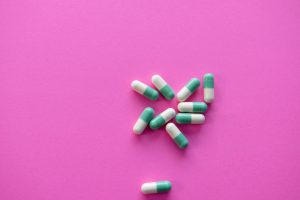 This is a big one for your doctor. Make sure you let them know any medication you’re taking, and don’t make any changes to this unless otherwise instructed by your doctor.
This is a big one for your doctor. Make sure you let them know any medication you’re taking, and don’t make any changes to this unless otherwise instructed by your doctor.
Smoking
Smoking before surgery significantly increases the risks of a poor outcome and can be tied to major complications, including death.
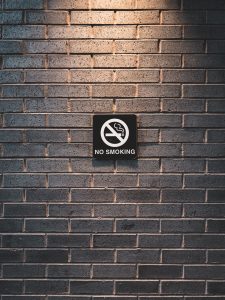 Smoking in the months leading up to your surgery increases the risk of:
Smoking in the months leading up to your surgery increases the risk of:
- Postoperative heart attacks
- Blood clots
- Pneumonia
- Infection
- Death
What to Avoid The Day Before A shoulder Replacement
- Trying new foods: Everyone reacts differently to anesthesia, but nausea and vomiting are not uncommon. Mix that with trying new food, and it might get ugly, and dangerous for you, in the operating room.
- Eating after Midnight: This is the general rule for most surgical procedures, as the use of an anesthetic temporarily disables your body’s reflexes. If you have food in your stomach when this occurs, you’re likely to vomit while under.
- Using Tobacco or Smoking: If you just couldn’t kick tobacco in the months leading up to your surgery, you should avoid using any the day before. Chemicals in cigarettes change the consistency of your blood, making it more likely to clot. It also decreases the blood flow, which causes your surgical wounds to heal slower, increasing the risk of infection.
- Drinking Alcohol: Alcohol thins your blood out, which makes it more likely for uncontrolled bleeding during and after surgery to occur.
Should you Take Medication the Morning of Total Shoulder Replacement Surgery?
You’ll need to check with your doctor about the specific medications you should or should not take the morning of your total shoulder replacement.
For the most part, blood pressure and anti-seizure medications should be taken and pain medications containing acetaminophen are okay, too. Anything containing aspirin should be avoided.
Conclusion
Your recovery from a total shoulder replacement starts way before the actual surgery takes place. The things you do, or don’t do, in the months leading up to your surgery can have a major impact on how quickly and completely you’re able to heal. Take care of yourself and do your best to follow all of your doctor’s recommendations to ensure the best outcome possible.
Works Referenced:
https://oregonshoulder.com/how-can-you-prevent-infection-after-shoulder-surgery/
https://www.brigliadentalgroup.com/why-you-need-a-dental-clearance-before-a-knee-or-hip-surgery/
https://www.circlehealth.co.uk/treatments/soft-tissue-injury-of-the-shoulder
https://health.clevelandclinic.org/facing-surgery-kick-cigarettes-now/
Other Great Rehab Related Articles
GLP Weight Loss and Back Health: Effective Strategies and Insights
How to Stay Active After Cervical Fractures: Expert Tips and Advice
Dealing with Painful Stairs After Ankle Replacement Surgery
Walking After a Total Ankle Replacement: Tips for a Successful Recovery
Exercises While Non-Weight Bearing After Ankle Replacement: Elevation, AROM, Leg Raises, and More
Ankle Pain with Stairs: Causes and Home Treatment Options
Disclaimer: The information provided in this post is for educational purposes only. This is not a substitute for a medical appointment. Please refer to your physician before starting any exercise program.

